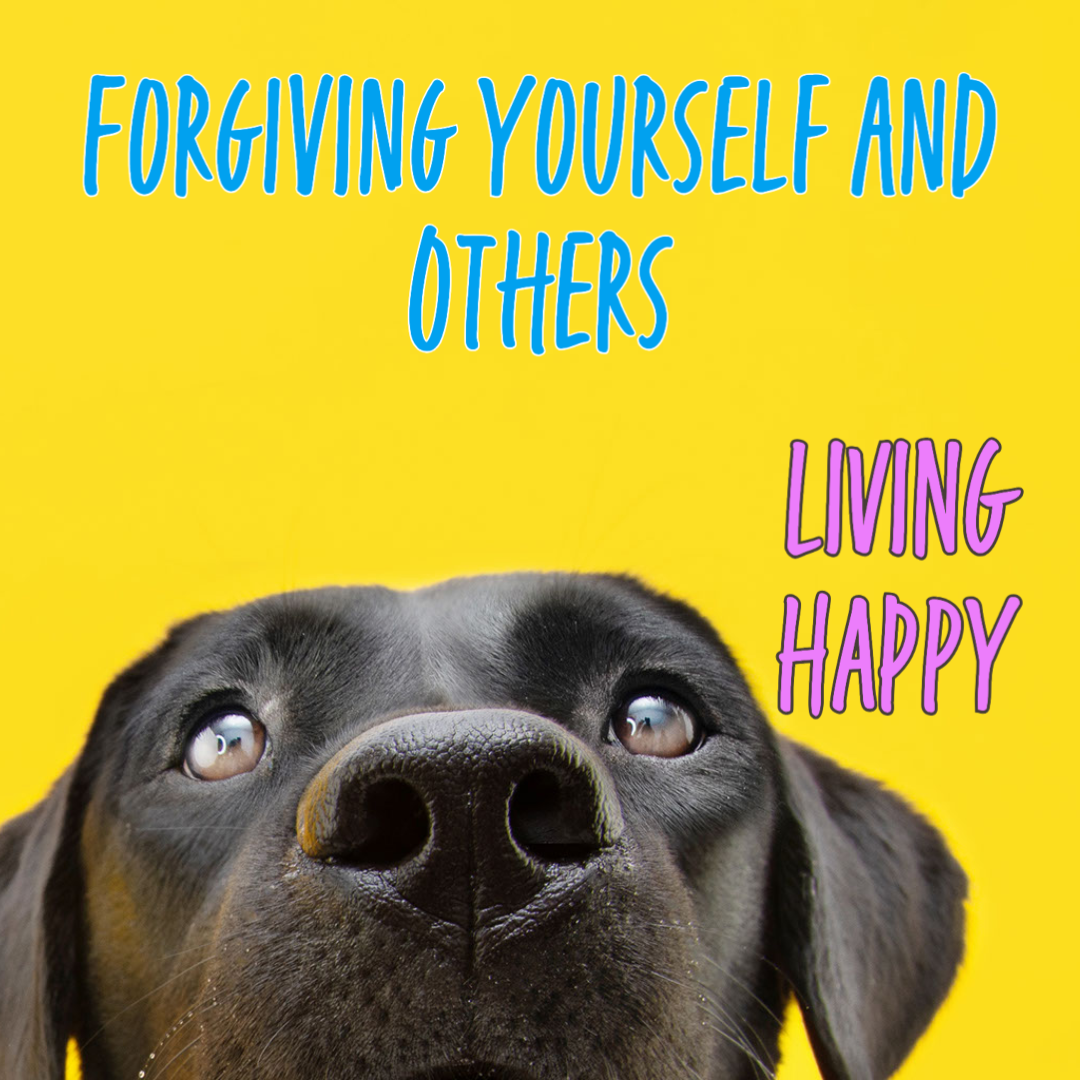Forgiving Yourself and Others
Last week, I was talking to one of my friends on the phone, pacing up and down my porch, because I was trying to process something someone a bit evil and manipulative was doing and I needed a safe space to vent. My friend actually vented more, which was incredibly helpful to me because I felt less alone in my assessment of that potentially evil person and what was going on.
At one point I said, “There are really only two or three people I can’t stand, that I think are evil. She’s one of them.”
And my friend said, “Oh, honey, my list is so much longer than that, but that woman is right at the top.”
This made me laugh because it was true, but it also made me think about why I have such a hard time holding a grudge and how I forgive really easily and whether or not that’s a good thing or a bad thing. My grudges are usually based on patterns of really negative and intentional behavior that hurts other people.
I’m cool with making mistakes. People are supposed to. My mom’s high school year book quote was “to err is human, to forgive, divine.”
She liked to tell everyone that quote all the time, but she was actually a bit of a grudge holder for certain people.
Forgiveness isn’t about saying what happened was okay. Forgiveness is about something different.
According to the Greater Good,
“Psychologists generally define forgiveness as a conscious, deliberate decision to release feelings of resentment or vengeance toward a person or group who has harmed you, regardless of whether they actually deserve your forgiveness.
“Just as important as defining what forgiveness is, though, is understanding what forgiveness is not. Experts who study or teach forgiveness make clear that when you forgive, you do not gloss over or deny the seriousness of an offense against you. Forgiveness does not mean forgetting, nor does it mean condoning or excusing offenses. Though forgiveness can help repair a damaged relationship, it doesn’t obligate you to reconcile with the person who harmed you, or release them from legal accountability.”
Pretty cool, right?
There was a study of 200 people who worked in D.C. offices or Midwestern manufacturing jobs and it was all about forgiveness, well-being, and productivity.
The study had those people think about something offensive that they thought impacted them. They then created a second survey for people’s level of forgiveness (or inclination) toward their work habits and overall state of mind.
According to Brooke Deterline, the CEO of Courageous Leadership, LLC ,
“In both cases, forgiveness was linked to increased productivity, decreased absenteeism (fewer days missing work), and fewer mental and physical health problems, such as sadness and headaches. In the second study, these benefits were partly explained by reductions in interpersonal stress that went along with a forgiving disposition.”
To err is to be human and to forgive may or may not be divine, but it definitely makes a less stressed human with less hostility and anger. According to Deterline, it can also be a coping tool especially at work where it’s considered to be important to work relationships.
Everett Worthington, a professor and researcher, created a method for forgiving others and one for forgiving yourself. The images below are from his website, and I think this is super helpful because it’s so easy to be a perfectionist and to hold grudges against ourselves even when nobody else is.
That last step of forgiving yourself is to resolve to live virtuously. We all have different ideas of what virtue is, but sometimes it’s cool to figure out (or reconnect with) what you consider virtuous and recommit.
Like this week, while I was talking to my friend, pacing the porch, shaking my head in disbelief, I realized that for me part of living virtuously and happily is trying not to ever hold a grudge, to let people like the woman I was flabbergasted by not ruin my happy or take up space in my brain. After my talk, I put the evil woman away and only just remembered her now for this post. Don’t worry, I’ll put her away again as soon as it’s done.
Marcus Aurelius wrote, “You could leave life right now. Let that determine what you do and say and think.”






